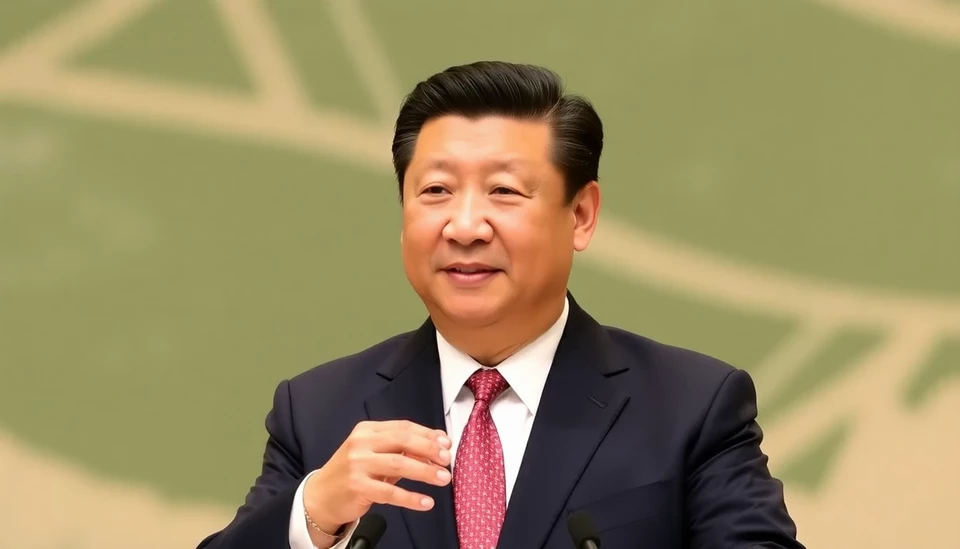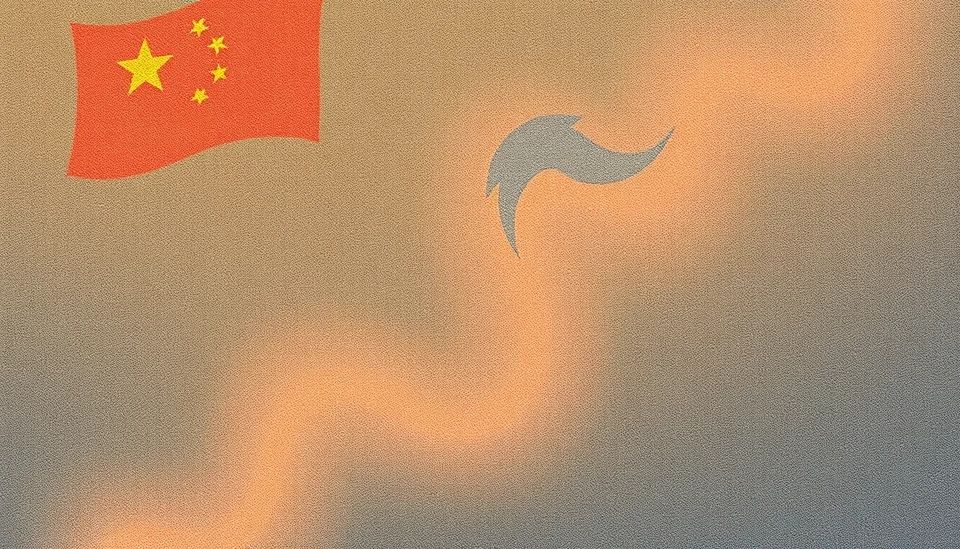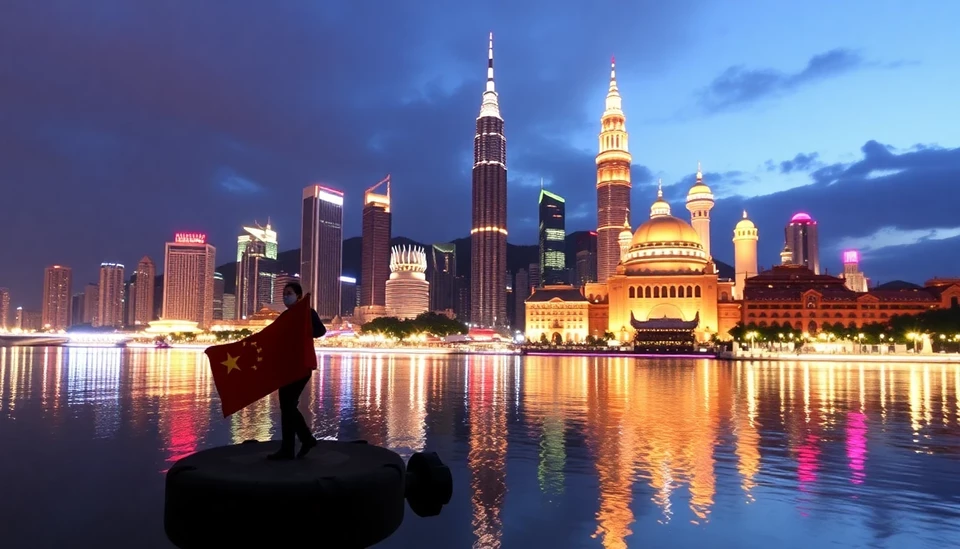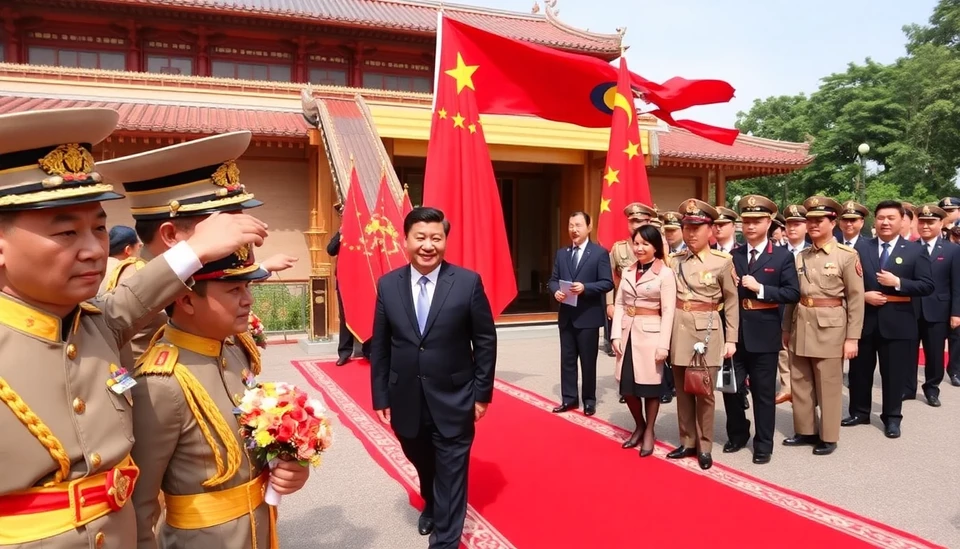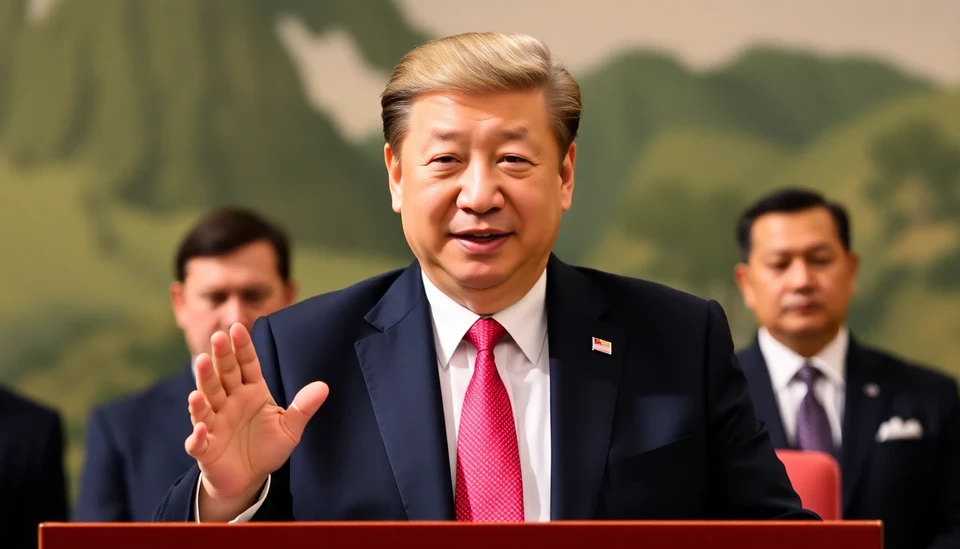
In a significant political discourse, Chinese President Xi Jinping issued a stark warning regarding the potential consequences of reverting to past policies, especially in the context of the upcoming tariff decisions from former President Donald Trump. This message, marked by a sense of urgency, underscores the precarious economic relationship between China and the United States, as both nations navigate the complexities of trade dynamics.
During a recent summit, Xi emphasized the importance of learning from history to avoid making detrimental choices that could lead to economic isolationism or increased protectionism. His remarks are particularly poignant given the backdrop of Trump's looming tariffs, which are poised to impact a wide array of Chinese imports. Xi’s speech aligns with his broader vision for China’s economic future, which aims to advance openness and mutual economic cooperation rather than retreating into historical trade disputes.
Highlighting the potential fallout from escalating trade tensions, Xi warned that embracing past isolationist policies would not only harm global trade but also disrupt the delicate balance of international economic relations established over recent decades. He urged countries to work together, stating that collaboration is essential for navigating a world marked by significant economic challenges.
The implications of Trump’s tariff plans were not lost on Xi, who appears to be preparing China’s economic strategies in anticipation of what could be a more confrontational trade landscape. As the former U.S. president signals a potential return to his administration’s tough trade stance, Xi’s preemptive comments suggest a desire to build a defensive framework for China’s economy.
Xiang’s address also appealed to a sense of global unity, calling on leaders to guard against the negative trends of commercial rivalry and to prioritize collective prosperity. He expressed concerns that the revival of protectionist sentiments could lead to a fracture in the global economic order, ultimately affecting not just China and the U.S. but countries worldwide.
This recent development opens up a crucial dialogue about the nature of international trade and the responsibilities of major economies in fostering a cooperative relationship. Observers note that Xi’s statements can be seen as both a defensive strategy for China and a calculated response to rising tensions with the United States.
As the global community watches these developments unfold, both the U.S. and China are at a crossroads, with decisions made in the following months likely shaping the future of international trade policy for years to come. The stakes are high, and the need for diplomatic engagement has never been more critical.
In conclusion, President Xi’s warnings resonate in a time when the world is grappling with significant economic uncertainties. His emphasis on learning from history serves as a compelling call to action for global leaders to promote collaboration over divisiveness in an increasingly complex international landscape.
#XiJinping #TrumpTariffs #TradeWar #GlobalEconomy #ChinaUSRelations #EconomicCooperation #Protectionism
Author: Rachel Greene

